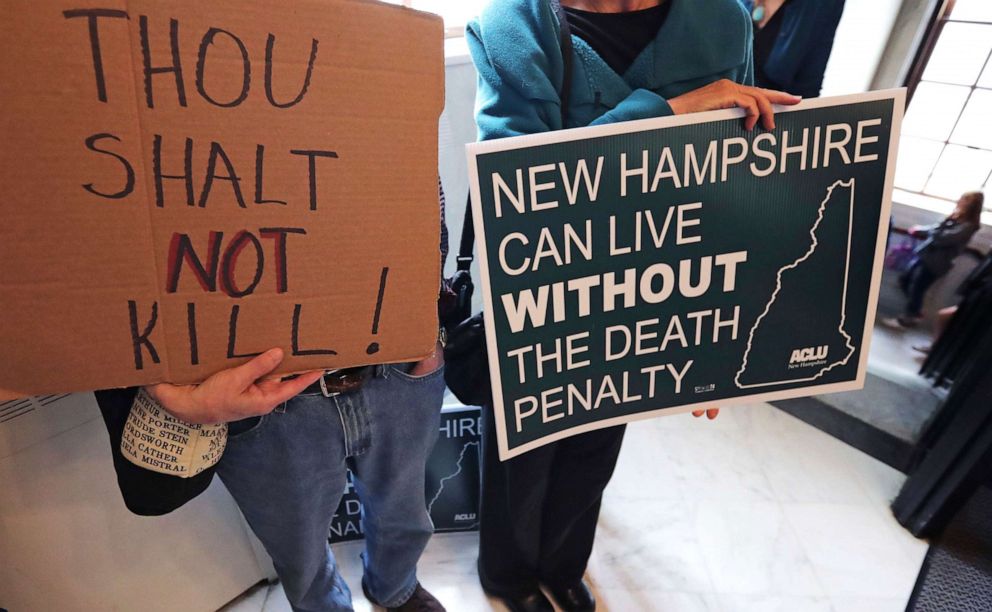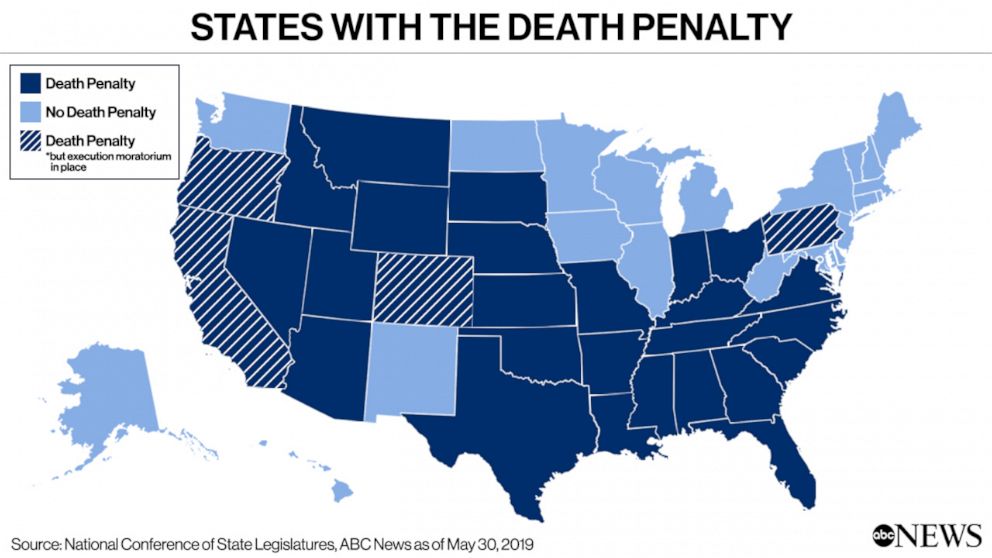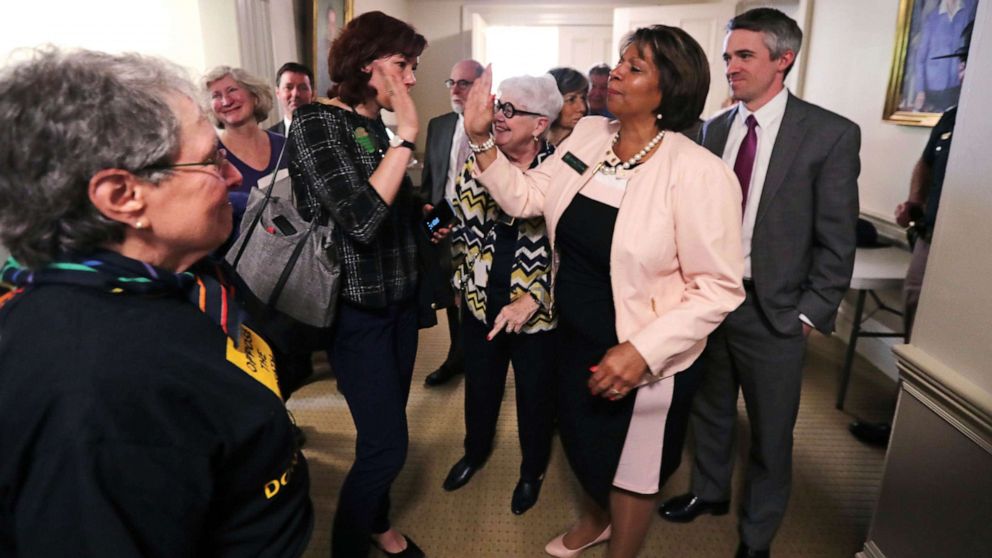New Hampshire bans the death penalty after lawmakers override governor's veto
New Hampshire has become the latest state to abolish the death penalty.
The move was not without controversy, however. The law passed after lawmakers in the state legislature overrode the governor's veto.
No one has been executed in New Hampshire since 1939.
The bill, HB-455, was introduced in the New Hampshire House of Representatives in January.

Gov. Chris Sununu, a Republican, vetoed the bill on May 3 after it passed both houses in the legislature.
Sununu tweeted Thursday that he is "incredibly disappointed" by the veto, allowing the bill to become law.
"I have consistently stood with law enforcement, families of crime victims, and advocates for justice in opposing a repeal of the death penalty because it is the right thing to do. I am incredibly disappointed that the Senate chose to override my veto," Sununu tweeted.
Some of the more recent actions against the death penalty in other states have come at the behest of the respective governors.
In March, California Gov. Gavin Newsom issued an executive order halting all executions in the state. That move did not outlaw the death penalty but deemed that no one would be executed in the state during Newsom's administration.

Prior to the New Hampshire vote, there were 30 states that still have the death penalty, though four of those states have moratoriums in place banning executions.
Local ABC affiliate WMUR reported that Michael Addison is the lone person on death row in New Hampshire.
Addison was convicted of murdering a police officer in 2006 and he will remain on death row in spite of the repeal of the death penalty. It does not appear that he will be executed anytime soon, according to reports.




